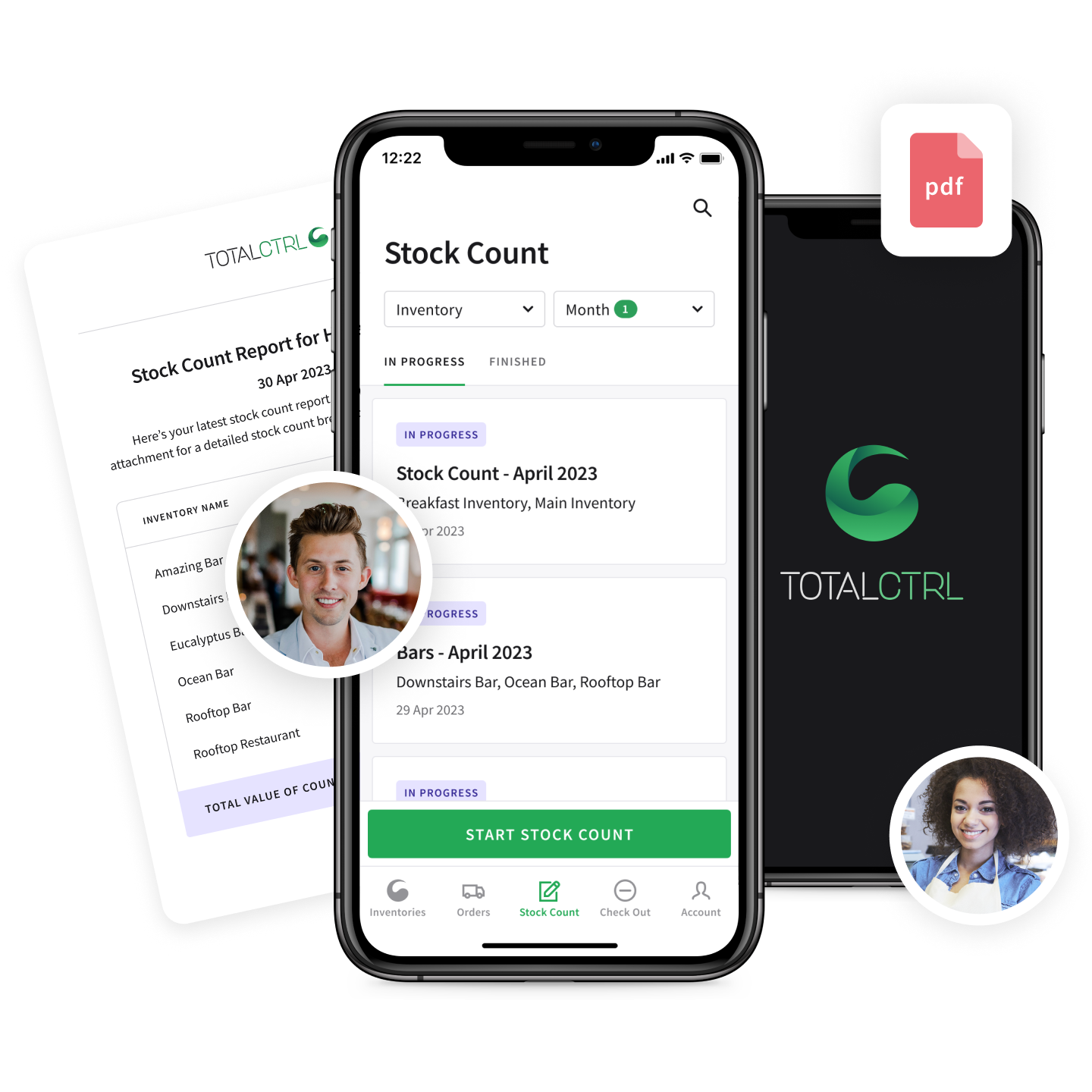https://www.thesuccessminds.net/p/my-books.html When you're asked about your compensation expectations during an interview, it can sometimes feel like a tricky question. After all, you want to ensure you're fairly compensated, but you also want to demonstrate flexibility and alignment with the company's goals. One question that frequently comes up is whether you're open to discussing a compensation package that includes both a base salary and performance-based bonuses.
In this blog, we’ll dive into how to navigate this question effectively, ensuring that you can answer with confidence and in a way that positions you as a strong candidate while demonstrating that you're flexible, adaptable, and results-driven.
1. Understanding the Question
Before we dive into how to answer the question, let’s break it down.
When an interviewer asks if you're open to discussing a compensation package that includes both base salary and performance-based bonuses, they’re seeking insight into how flexible you are when it comes to the structure of your compensation. They want to know if you're comfortable with a structure that rewards results—something that is often tied to performance in a more dynamic way than a fixed base salary alone.
In essence, this question is not only about your financial expectations but also your mindset around incentive-based compensation. It’s about gauging whether you're motivated by goals, challenges, and a direct link between effort and reward.
2. Why This Question Is Asked
Employers often prefer compensation structures that align their employees' interests with the company’s objectives. This is where performance-based bonuses come into play. By offering a bonus structure, companies can motivate employees to work harder, take ownership of their goals, and contribute directly to the company’s growth.
For you as a candidate, the key to answering this question lies in understanding how your response reflects your work ethic and career goals. Employers are looking for candidates who are:
-
Results-Oriented: You’re willing to work toward achieving both short-term and long-term goals to secure the success of the company.
-
Flexible: You're open to a compensation structure that ties your success to your performance, showing you’re adaptable to changing company strategies and goals.
-
Confidence in Your Abilities: Your willingness to discuss performance-based bonuses demonstrates confidence in your ability to achieve the goals set before you.
By understanding the intent behind this question, you’ll be better equipped to tailor your answer in a way that demonstrates you’re the right fit for the job and the company’s culture.
3. How to Answer
Your response to this question can vary based on your career stage, experience, and personal preferences, but there are several key components that should always be included in your answer to make it compelling.
Acknowledge the Question and Express Openness
First and foremost, you want to express your openness to discussing compensation in the context of both a base salary and performance-based incentives. This shows you’re flexible and open-minded, which is a trait highly valued by employers. Here’s an example of how to phrase it:
“Absolutely, I’m open to discussing a compensation package that includes both a competitive base salary and performance-based bonuses. I believe this structure can benefit both me and the company, as it allows me to align my personal goals with the organization’s overall success.”
This type of answer is clear and to the point, while also signaling to the employer that you’re someone who understands how incentive-based structures work.
Tie Your Response to Your Work Ethic and Results
Once you’ve expressed your openness, it’s crucial to highlight your work ethic and results-driven approach. This will reassure the interviewer that you’re someone who is confident in your ability to meet (and exceed) performance targets. You want to position yourself as someone who sees bonuses as a reflection of the value you bring to the organization. Here’s an example of how you might frame this:
“I’m a strong believer in aligning performance with rewards. I’ve always been motivated by the opportunity to contribute to a team’s success and to see that hard work directly reflected in measurable outcomes. A performance-based bonus structure aligns perfectly with how I approach my work—I’m always looking for ways to exceed targets and push myself to achieve the highest possible standards.”
This answer not only shows your motivation but also speaks to your proactive nature and focus on results. It tells the employer that you're ready to work hard and that you're confident in your ability to achieve measurable success.
Incorporate Flexibility and Transparency
It’s also important to demonstrate flexibility in your approach to performance-based compensation. While you want to show you're open to bonuses, it’s wise to express your desire for clarity around the bonus structure. For example:
“I’m definitely open to discussing how the performance-based bonuses would be structured. I would love to understand the specific goals, metrics, and expectations that are tied to this structure. Having a clear understanding of these parameters ensures that I can align my efforts effectively and meet or exceed those targets.”
This shows that you're not just interested in the reward but also in making sure you're clear about what’s expected and how success will be measured. Transparency in goal-setting is a key part of ensuring both you and your employer are on the same page.
Reaffirm Your Commitment to Long-Term Success
Finally, you want to emphasize that you're in it for the long haul. A performance-based compensation structure is often used in organizations that value long-term success and employee growth. By aligning your compensation with the company’s success, you’re showing you’re committed to contributing to that growth over time.
“I’m excited about the potential of contributing to the company’s long-term goals, and I believe that a compensation structure tied to performance is a great way to ensure that we’re all working toward the same end. It’s motivating to know that my efforts are directly tied to the company’s success, and I’m committed to delivering results that align with the organization’s objectives.”
This not only reaffirms your commitment to excellence but also underscores your long-term vision for growth within the company.
4. What to Avoid
While the above points will help you craft a solid answer, there are a few things you’ll want to avoid when discussing a compensation package that includes performance-based bonuses:
-
Avoid Being Too Focused on Money: While compensation is important, it’s also essential to show that you’re motivated by more than just the financial rewards. Employers appreciate candidates who are driven by purpose and results, not just monetary incentives.
-
Don’t Be Too Vague: Offering a non-committal response can come across as evasive. Instead, be clear about your openness to the package while asking for details on the performance metrics or structure.
-
Avoid Giving a Hardline Stance: While it’s important to know your worth, being too rigid or inflexible about your compensation expectations could limit your opportunities. It’s better to be open and collaborative.
5. Conclusion
When asked if you're open to discussing a compensation package that includes both base salary and performance-based bonuses, your answer should reflect your flexibility, your focus on results, and your understanding of how performance-based compensation can benefit both you and the company.
By acknowledging the question, highlighting your results-driven mindset, and expressing your openness to discussing the details, you’ll be able to position yourself as a strong candidate who is motivated, adaptable, and committed to delivering measurable success.
Approach this question with confidence, and you’ll show that you’re not only a great fit for the role but also someone who is eager to contribute to the company’s long-term goals and success.


















0 comments:
Post a Comment
We value your voice! Drop a comment to share your thoughts, ask a question, or start a meaningful discussion. Be kind, be respectful, and let’s chat!